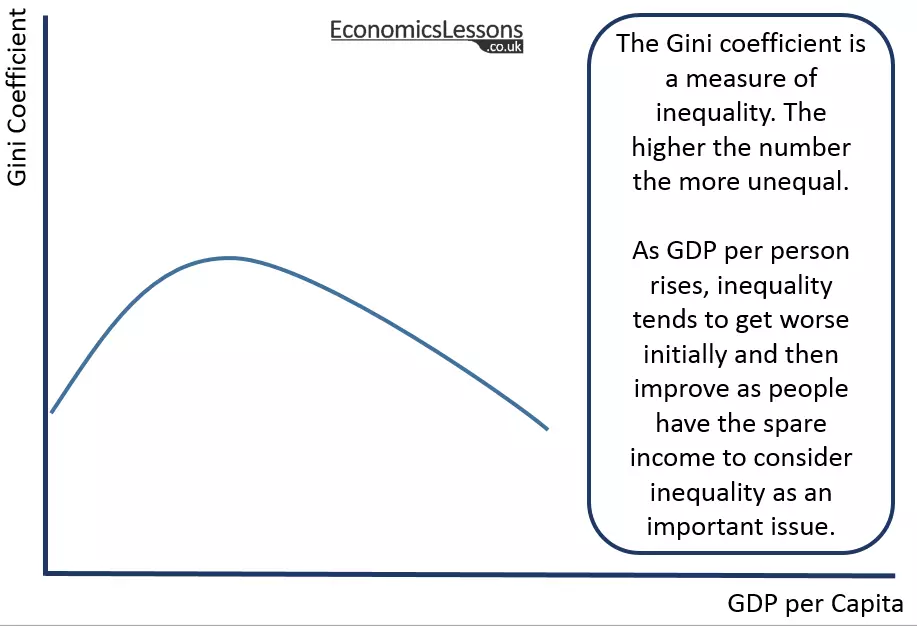Terms of Use
Use of the website indicates your acceptance of these conditions. Please note that use of our online shop is governed by separate terms and conditions. These are viewable on the order page.
Unless otherwise stated, all content is © 2010-2015 PPE Lessons, Economics Lessons, Philosophy Lessons or Politics Lessons.
Any redistribution, storage or reproduction of part or all of the contents in any form is prohibited to the fullest extent possible under UK law, save for the following exceptions, which may be withdrawn by PPE Lessons at any time. They apply to non-commercial use only. None of these exceptions imply a transfer of ownership.
You may:
- print or store unmodified extracts on a local hard disk for your own personal use
-
print or otherwise display unmodified sections to small groups and classes provided you acknowledge the source.
Any copyright notice, logo or similar device must remain.
You may not, except with our express written permission, distribute or commercially exploit the content, nor may you transmit it or store it in any other website or other form of electronic retrieval system.
If you wish to request permission please contact PPE Lessons using the information at the bottom of this page.
Personal Information/ Cookies
In short, we treat your details like our own and limit what we hold about you as much as we can. You can read some of the details below or contact us with any questions you might have.
We collect some information about you from which you cannot be personally identified. This includes but is not limited to: your web browser, operating system and the pages you visit. We only use this information in order to improve the service we offer to our visitors. We also use cookies to track this information as well as to improve your experience of using the site, for example saving your password if you choose to. If you do not wish us to save cookies on your computer please select the no cookies setting on your browser but be aware that some functions of the site may not be available to you.
The only personally identifiable information we store about you is information that you provide such as name and address. While no security is invulnerable we do our best to ensure your information is secure and we do not sell your information to 3rd parties or provide it to anyone who does not need it to provide you with the services you have requested unless required by law.
Disclaimer
The authors have many year's experience in their respective fields and work at well respected establishments. They have made all efforts to ensure the information they have provided is correct however the views expressed are their own opinion and they cannot be held accountable for consequences resulting from your use, whether proper of improper, of the information on this site.
If you do notice any errors we would be grateful if you could contact PPE Lessons using the information at the bottom of this page.
Notice to copyright holders:
Much of the material on this site is the product of years of teaching. While every attempt has been made to ensure all work is original or attributed it is possible that some material has escaped our notice. We know how hard it is to create original content and do not wish to claim credit for work which is not our own. If you believe that we have inadvertently infringed your rights please contact us using the details at the bottom of this page. We would be very happy to discuss removal or accreditation of work which is not ours.
All requests relating to the website or intellectual policy should be directed to [email protected]



